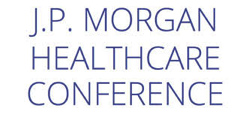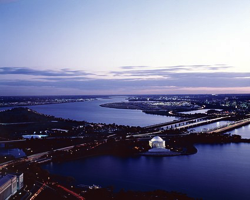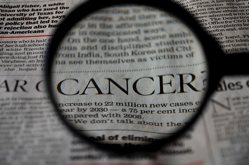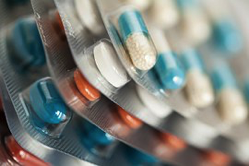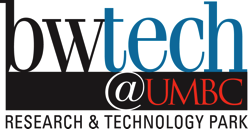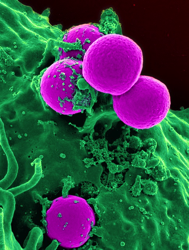

A new degree program developed jointly by UMBC and Montgomery College (MC), and soon to be offered at The Universities at Shady Grove (USG), will create opportunities for students of all backgrounds to pursue high-demand careers in the life sciences. The four-year Translational Life Science Technology (TLST) program, which leads to a bachelor of science degree from UMBC, will train students in the fundamentals of biochemistry, cell biology, epidemiology, statistics, lab instrumentation, and biochemical engineering, as well as give students opportunities to develop sought-after skills such as analytical thinking, teamwork, and data evaluation. The TLST program is accepting students now, and courses will begin in fall 2018.



